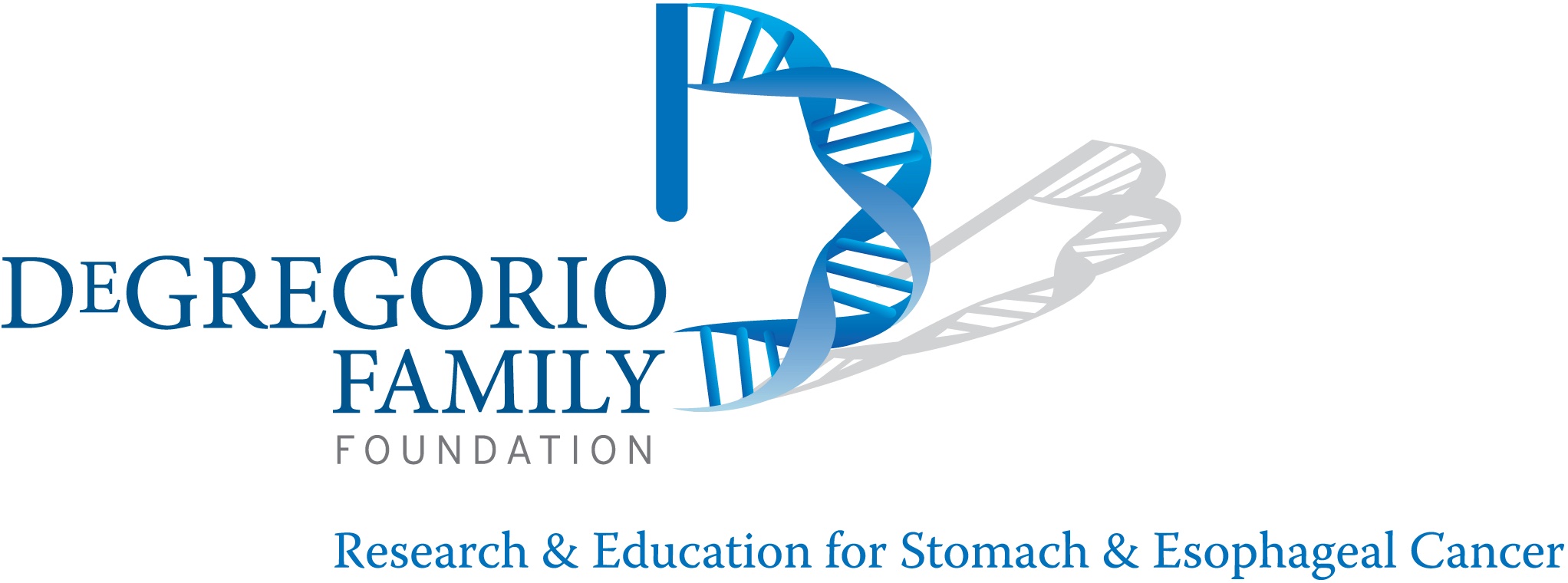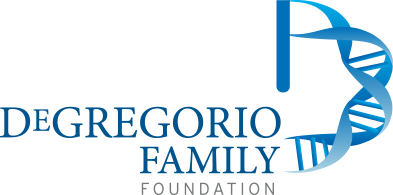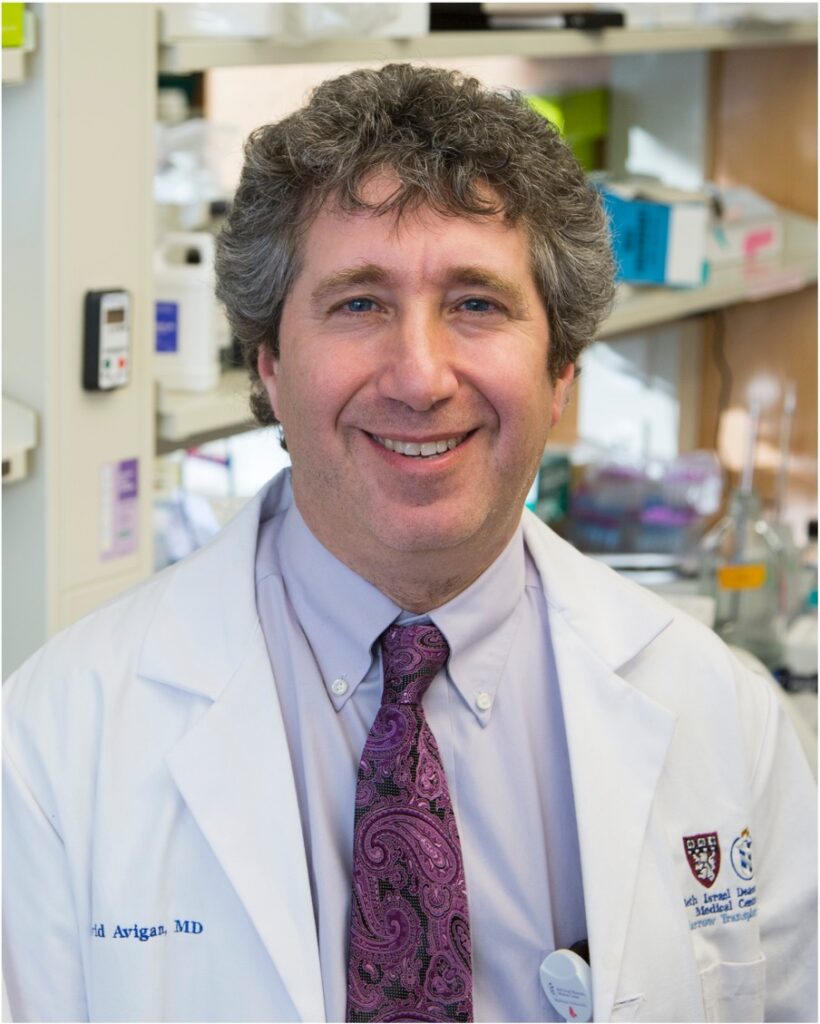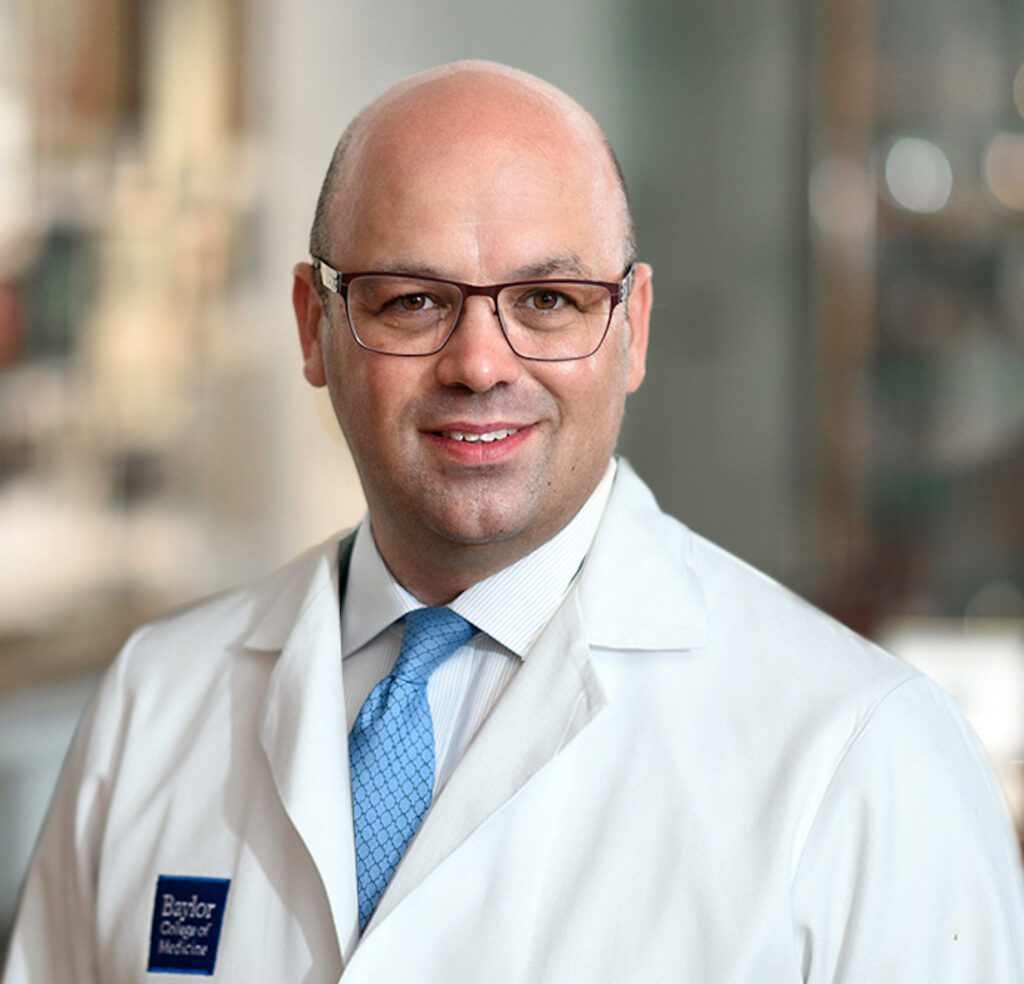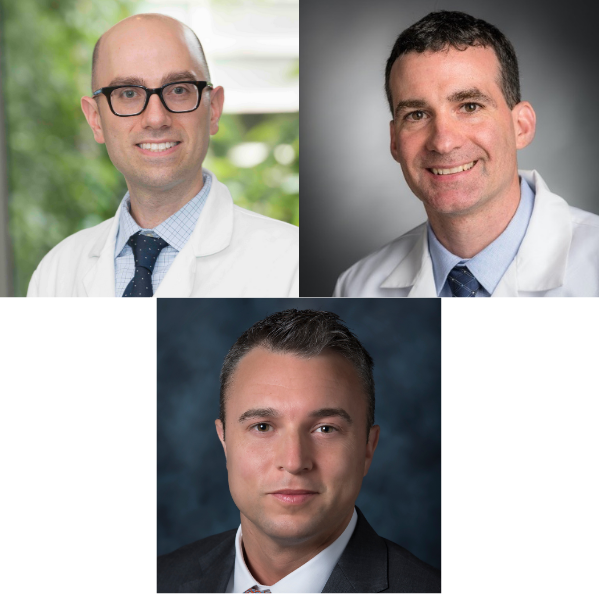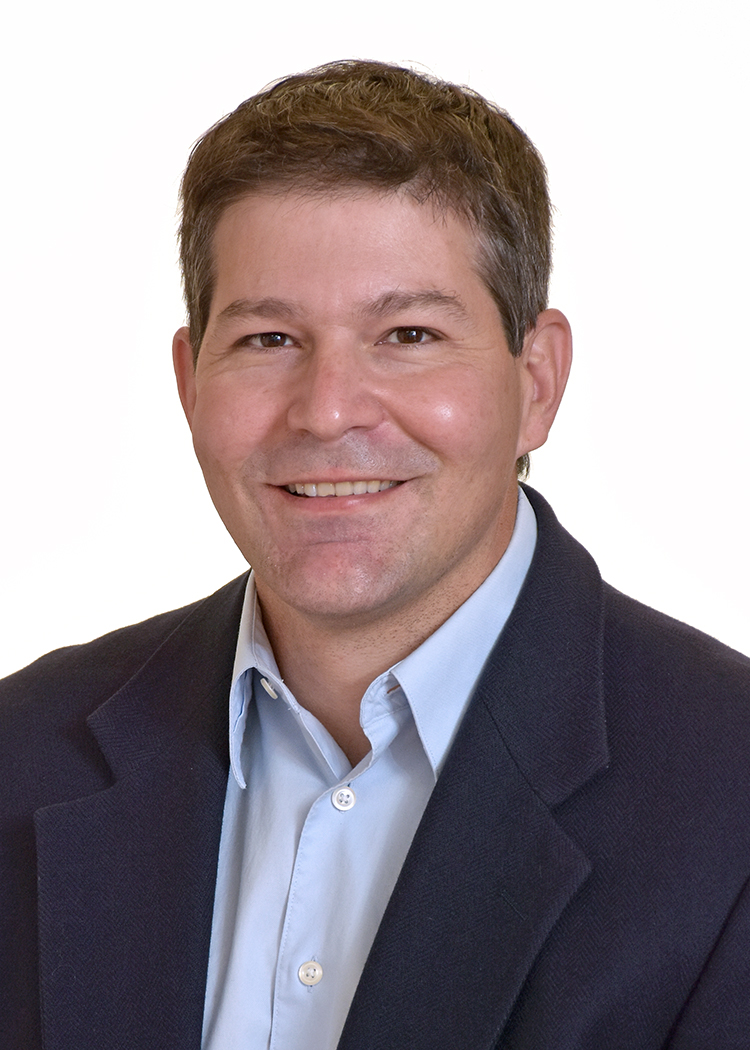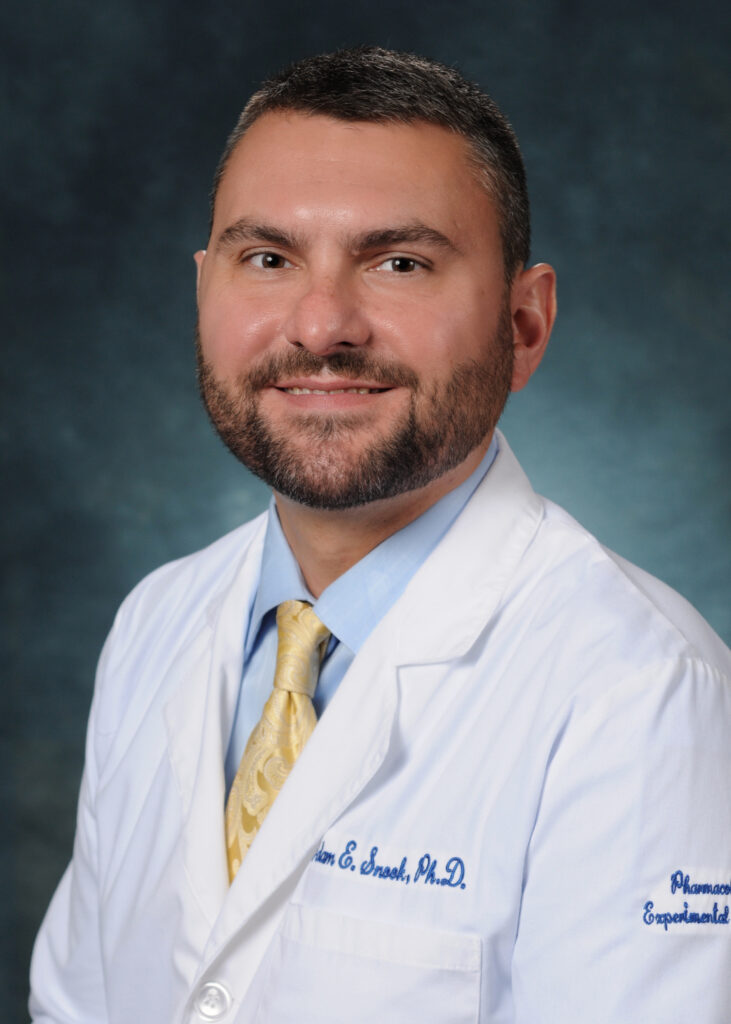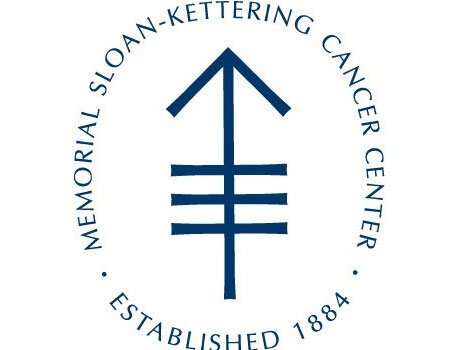DeGregorio Family Foundation Grant Recipients
$175,000
Anthony Capobianco, PhD
The DeWitt Daughtry Family Department of Surgery and the Sylvester Comprehensive Cancer Center at the University of Miami Miller School of Medicine
Targeting cancer stem cell populations by dual inhibition of Notch and Wnt pathways
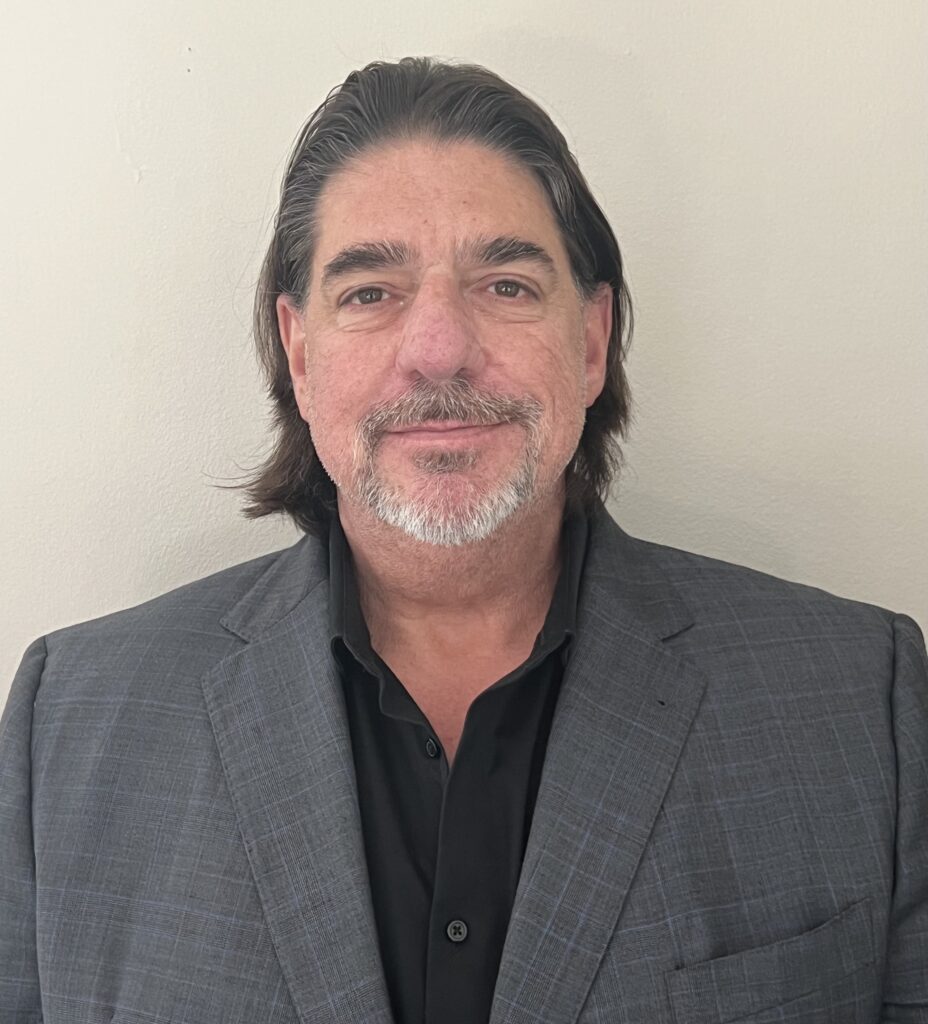
$250,000
Joseph Caster, MD, PhD Chandrikha Chandrasekharan, MD
The University of Iowa
Manipulating redox metabolism with pharmacologic ascorbate and superoxide dismutase mimetics to enhance the efficacy of chemoradiation for locally advanced esophageal adenocarcinoma

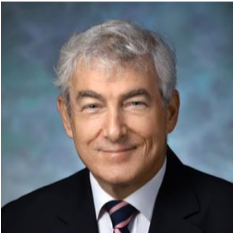

$200,000
Stephen Meltzer, MD
Johns Hopkins University, School of Medicine
Johannes Carolus (Hans) Clevers, MD, PhD
Princess Maxima Center of Pediatric Oncology
Create tumor organoids (miniaturized and simplified versions of organs) that replicate the tumor in a petri dish.

$175,000
De-Chen Lin, PhD
Cedars-Sinai Department of Medicine
Follow-on Funding: Cedars-Sinai $75K, Alan B. Slifka Foundation: $260K; Department of Defense: $819,100, NIH $1,325,500, Cedars-Sinai $200K, Cedars-Sinai $100K
Publications:
Gut: “Master transcription factors form interconnected circuitry and orchestrate transcriptional networks in esophageal adenocarcinoma”
Nature Communications: “Co-activation of super-enhancer-driven CCAT1 by TP63 and SOX2 promotes squamous cancer progression”
Gastroenterology: “Super-Enhancer-Driven Long Non-Coding RNA LINC01503, Regulated by TP63, Is Over-Expressed and Oncogenic in Squamous Cell Carcinoma”
Nature Communications: "Interplay and cooperation between SREBF1 and master transcription factors regulate lipid metabolism and tumor-promoting pathways in squamous cancer”
Computational and Structural Biotechnology Journal: "Super-enhancer-mediated core regulatory circuitry in human cancer"
Nature Communications: "A pan-cancer analysis of CpG Island gene regulation reveals extensive plasticity within Polycomb target genes”
Cancer Research: "A transcriptional regulatory loop of master regulator transcription factors, PPARG, and fatty acid synthesis promotes esophageal adenocarcinoma”
Gastroenterology: "TP63, SOX2, and KLF5 Establish a Core Regulatory Circuitry That Controls Epigenetic and Transcription Patterns in Esophageal Squamous Cell Carcinoma Cell Lines”
$175,000
Anisa Shaker, MD
Keck School of Medicine, USC
Human esophageal myofibroblast paracrine regulation of esophageal inflammation and carcinogenesis
Follow-on Funding: NIH $1.25M
Publications:
Scientific Reports: "Human esophageal myofibroblast secretion of bone morphogenetic proteins and GREMLIN1 and paracrine regulation of squamous epithelial growth"
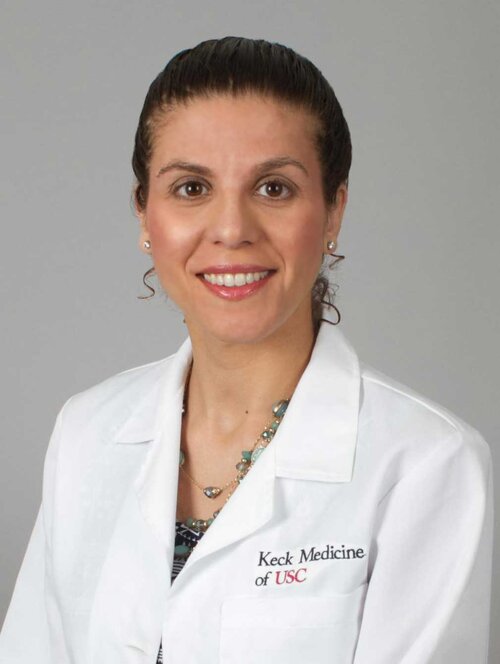

$180,000
William Grady, MD
Fred Hutchinson Cancer Research Center
Screening study to better identify people at the highest risk for the most common form of esophageal cancer
Follow-on Funding: NIH $322,525, NIH $813,695; NIH $724,025, Evergreen Fund $50,000, Prevent Cancer Foundation $100,000
Publications:
PLoS Computational Biology: “A Molecular Clock Infers Heterogeneous Tissue Age Among Patient’s With Barrett’s Esophagus”
Clinical Epigenetics: “Identification of a key role of widespread epigenetic drift in Barrett’s esophagus and esophageal adenocarcinoma”
Clinical Epigenetics: “Global DNA methylation patterns in Barrett’s esophagus, dysplastic Barrett’s, and esophageal adenocarcinoma are associated with BMI, gender, and tobacco use”
Gut: “Genome-wide methylation analysis reveals methylation subtypes of Barrett’s esophagus and esophageal adenocarcinoma"
Digestive Diseases and Science: “The Molecular Evolution of Metaplasia to Carcinoma in the Esophagus”
Blood: “Gene Expression-Based Discovery of Atovaquone as a STAT3 Inhibitor and Anti-Cancer Agent”
Clinical Cancer Research: “Novel Barrett’s Esophagus Screening Assays Based on Swallowable Devices: Will They Change the Game?”
$215,000
Ellen Beswick, PhD
University of New Mexico (currently at University of Utah)
Targeting MK2 for Treatment of Gastric Cancer
Follow-on Funding: NIH $228,750, Anonymous $600,000
Publications:
Journal of Translational Medicine “The MK2 pathway is linked to G-CSF, cytokine production and metastasis in gastric cancer: a novel intercorrelation analysis approach”

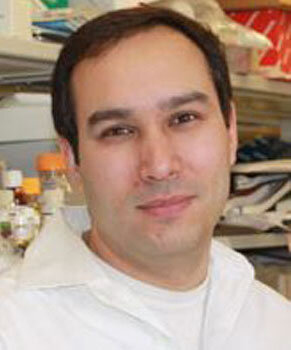

$200,000
Adam Bass, MD, Dana Farber Cancer Institute (currently at Columbia University)
Timothy Wang, MD, Columbia University
The role of Novel RHO Pathway Genomic Alterations in DGC
Follow-on Funding: $75K Department of Defense for a Fellow, NIH ~$2.2 million, Debbie’s Dream $50,000, Anonymous $999,094, The V Foundation for Cancer Research $600K
$200,000
Phillip D. Smith, MD
University of Alabama, Birmingham
Elucidating Protective Mechanisms Against Gastric Cancer
Follow-on Funding: NIH $275K, NIH $1.25M, Veterans Affairs: $600K
Publications:
Mucosa Immunology: “Helicobacter pylori infection is associated with an altered gastric microbiota in children”
Gastroenterology: “Eradication of the Helicobacter pylori in Children Restores the Structure of the Gastric Bacterial Community to That of Noninfected Children"


$225,000
Tony Godfrey, MD
Boston University
Evaluating the Feasibility of a Molecular Cytology Approach for Management of Patients with Barrett’s Esophagus (BE)
Follow-on Funding: NIH: $5M
Publications:
Clinical Gastroenterology: “Combined EsophaCap Cytology and MUC2 Immunohistochemistry for Screening of Intestinal Metaplasia, Dysplasia and Carcinoma”
Surgical Clinics of North America: “The Molecular Biologic Basis of Esophageal and Gastric Cancers”

$20,000
Parry Guilford, MD
University of Otago
Identification of New Drugs for the Treatment and Prevention of Diffuse Gastric Cancer Using a High Throughput Compound Screening Approach
Follow-on Funding: $1M
Publications:
“Synthetic Lethal Screens Identify Vulnerabilities In GPCR Signaling and Cytoskeletal Organization in E-Cadherin-Deficient Cells”
$165,000
David Frank MD, PhD
Dana Farber Cancer Institute
Targeting Gastroesophageal Cancer through Dual Transcription Inhibitors
Follow-on Funding: NIH $6 million, in collaboration with Drs. Bass and Rustgi at University of Pennsylvania, Anonymous $196,300
Publications:
Molecular Cell: “Fold Change of Nuclear NF-IB Determines TNF-Induced Transcription in Single Cells”
Current Opinion in Oncology: “Targeting Transcription Factors: Promising New Strategies for Cancer Therapy”
Molecular Cancer Research: "STAT3 modulates NF-kB activity by upregulating negative regulators of NF-kB: Rationale for combination therapy targeting oncogenic transcription factors”
“IL-6 mediates cross-talk between activated fibroblasts and tumor cells in the tumor microenvironment: applications in therapeutic intervention”
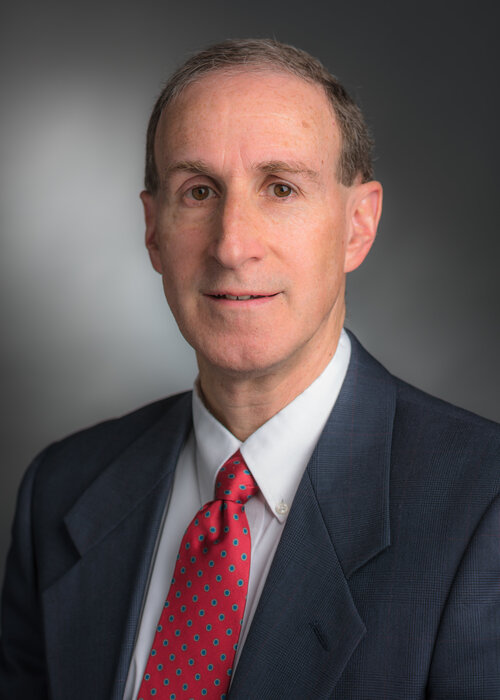

$100,000
Manish Shah, MD
Weill Cornell Medical College
The Next Generation Sequencing to Evaluate Transcriptomic Changes Associated with H. Pylori Infection and Gastric Cancer Carcinogenesis
Follow-on Funding: $100K Advanced Digestive Care, 996k Starr Foundation Dr. Shah as principal investigator with collaboration from Dr. Adam Bass, Broad Institute, and Dr. Eric Pamer, MSKCC
Publications:
”Identification of the Gastric Microbiome samples from using whole genomic sequencing”
$100,000
Matthew Meyerson, MD, PhD and Dr. Adam Bass, MD (Dr. Bass currently at Columbia University)
Dana Farber Cancer Institute
Research to conduct investigations into the genes and the genetic differences which are drivers of esophageal cancer
Follow-on Funding: NHGRI ~$1 million, ~1.2 million, ACS ~$660,000, ~$2 million
Publications:
Cancer Research: “Gastrointestinal Adenocarcinomas of the Esophagus, Stomach and Colon Exhibit Distinct Patterns of Genome Instability and Oncogenesis”
Nature Genetics: “Exome and Whole Sequencing of Esophageal Adenocarcinoma identifies recurrent driver events and mutational complexity”


*Follow-on funding is additional funding at a later stage.
